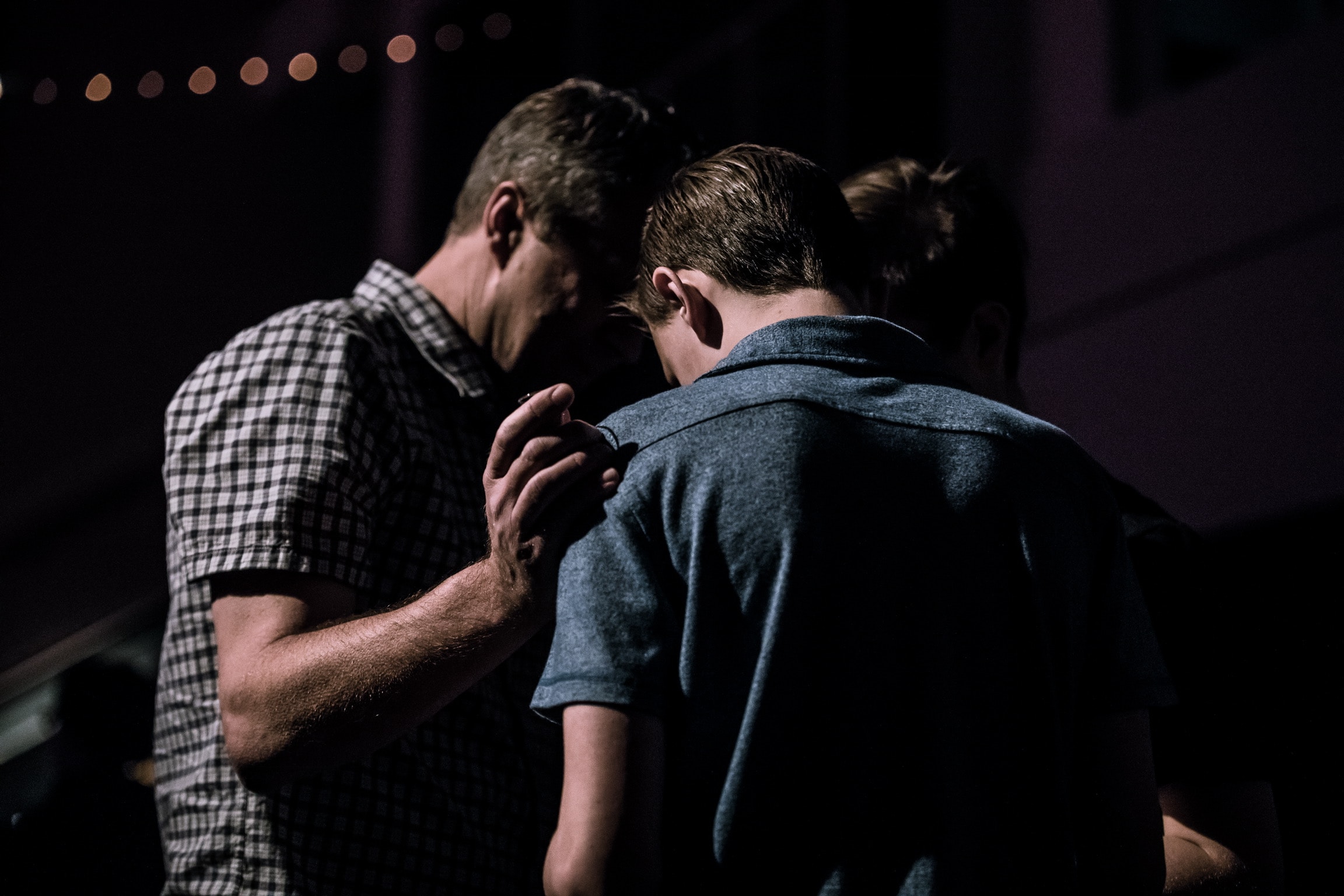
Support for the Grieving
Navigating Grief
Few things compare to the pain of losing someone you love. While there’s no way to avoid intense feelings of grief, there are healthier ways to come to navigate your loss.
Our counselors specialize in working with college-age individuals and they can offer support in many ways. Counseling sessions are free to currently enrolled students.
Serious loss can be overwhelming. If you, or someone you love, needs support to work through the grieving process the University Church Counseling Center may be a helpful resource.
Join others who have experienced loss and in community find healing and hope.
Actively Moving Forward® (AMF) is a national network created in response to the needs of grieving young adults. Once on their website, you can get connected with support groups targeting college students, young adults, or professionals.
How to Support Someone Who's Grieving
Adapted from "We Get It: Voices of Grieving College Students and Young Adults."
Display empathy rather than sympathy and acknowledge the depth of grief.
Keep the support going.
Be present and offer tangible and practical support when appropriate.
Be open to the topic of brief and try not to avoid it.
Provide opportunities for genuine expression of grief without judging.
Ask about the loved one(s) who died.
Consider your own strengths and relationship with the college student who is grieving.
Be open to the uniqueness of grief and acknowledge that uniqueness.
Be mindful of your comments and statements.
Don't give them unrealistic expectations.
Be consistent and persistent in your messages of care and concern.
-
- Encourage the college student to reach out to others for support.
- Encourage your loved one to consider memorializing their loved one by participating in community service and pledge to participate along with them.
- Avoid making assumptions that someone is doing great and "all better" based on their outward appearances--grieving in an internal process (e.g. feelings, body sensations, and other individual differences) that may never be seen.
- If the grieving student is suicidal, it is your moral and ethical responsibility to find or refer him or her to a mental health professional (National Suicide Prevention Hotline: 1-800-273-8255).
Allow time for being present and letting grieving students vent even in the midst of the busy college environment.
Point them towards support groups.
Be approachable.
Empathy vs. Sympathy
Don't know what to do to help someone you love who is grieving. Extend empathy which is a skill that can bring people together and make people feel included, while sympathy creates an uneven power dynamic and can lead to more isolation and disconnection.
Reading Recommendations

Surviving Grief
This book is the honest rendition of one woman’s struggle through devastating grief. Zaugg doesn’t pretend to have the answers for everyone. What she does offer are some very practical suggestions for facing the future.
Find it Here
Comfort for the Day: Living Through the Seasons of Grief
Comfort for the Day offers a personalized grief recovery experience, drawn from the source of all comfort- God. His Word will become a guide and friend as the reader lives through the confusing and painful seasons of grief.
Find it Here
Grieving with Hope
Grief is a human experience and no one is immune to it. We grieve when we lose someone or a dream dies. It can strike at any point and is often when we least expect it. We’ll dive into understanding grief and learn how to process the different kinds we’ll go through.
Find it Here
How To Thrive In Life's Toughest Seasons
Author and pastor Debra B. Morton reveals the secret to surviving and even thriving in the midst of setbacks and painful circumstances.
Find it Here
Grief Survivor
When you lose someone you love, life returns to normal in about 14 days — for everybody but you! If you're feeling stuck in sorrow, you are not alone. Grief Survivor author, Beth Marshall understands. After losing close family members, she realized grief is hard work! The Grief Survivor study will encourage you to write, and trust the Lord to do what only He can do — restore joy-filled life!
Find it Here
Facing the Giant of Grief and Loss
Any grieving process is painful. But if you are facing the loss of a loved one, the Bible says God is ‘near to the broken-hearted’ (Psalm 34:18 ESVUK), and He is able to carry you through the process of grieving. Read this 30-day devotional from UCB about how God draws close to those experiencing grief and loss.
Find it HereOrganize a meal train
Organize a meal train for a colleague who has experienced loss. Check with them first to know what meals, frequency of meals, etc. is most helpful.